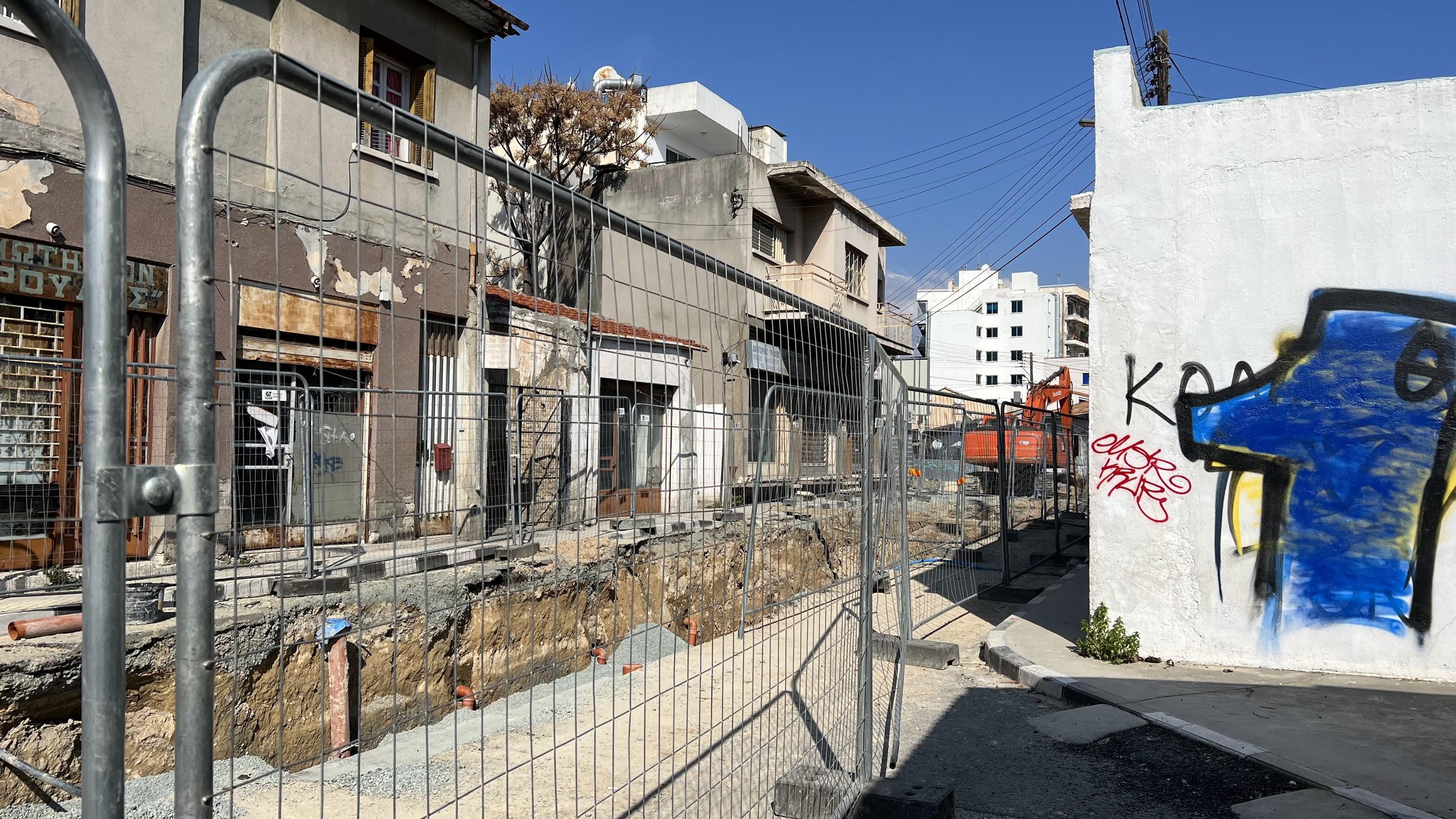At a recent meeting of the Cyprus Parliamentary Committee on Internal Affairs, the Secretary General of the Technical Chamber of Cyprus (ETEK), engineer Andreas Theodotou, warned that hundreds of buildings across the country could collapse even during a minor earthquake, posing a serious threat to public safety.
According to Theodotou, the problem is especially severe in Nicosia and Limassol, particularly in central districts where many old apartment buildings were constructed without modern safety standards. However, cases of potentially dangerous structures have also been identified in other regions. He emphasized that ensuring public safety must become a national priority, as the condition of many buildings is a cause for serious concern.
Need for Systematic Building Inspections
The ETEK representative reminded that the chamber has repeatedly called for the introduction of mandatory regular building inspections to identify structures with high levels of deterioration. He proposed launching a national renovation and reinforcement program, prioritizing apartment buildings housing large numbers of residents.
Such measures, he noted, could prevent possible tragedies and improve public safety, especially given the increasing seismic activity in the Eastern Mediterranean.
Fines and Owner Responsibility
As part of the proposed legislation, one member of parliament suggested imposing strict penalties on property owners who fail to take measures to reinforce unsafe buildings.
Kyriakos Kouros, a representative of the Ministry of the Interior, supported the idea of fines — €2,000 for fencing off a hazardous building and €1,000 for sealing it, in cases where owners do not do so themselves.
This approach is intended to encourage property owners to maintain their buildings proactively and reduce the risk of sudden collapses.
Dispute Over Apartment Building Management
Meanwhile, discussions on a separate draft law regulating the management of apartment buildings, which house nearly half of Cyprus’s population, have reached a deadlock. The main obstacle is the proposed transfer of oversight responsibilities to local administrative bodies (EOA) without prior consultation or financial support.
Nicosia Mayor Constantinos Yiorkadjis, head of the city’s EOA, sharply criticized the Ministry of the Interior’s decision, stating that local authorities were given new duties without funding or staff resources.
“We’ve become the scapegoat. They’ve handed us responsibility for dangerous buildings — something municipalities used to handle — without even asking our opinion,” the mayor said.
Angelos Hadjicharalambous, head of the Larnaca EOA, expressed similar frustration, stressing that local bodies cannot continually be burdened with new obligations without additional resources.

Parliament Demands Dialogue and Resolution by End of October
Efi Savvidou, representing the Ministry of the Interior, responded that no objections were raised by EOA representatives during the initial discussions of the draft law last year. However, MPs countered that a single mention of the topic does not constitute proper consultation, especially now that two EOA heads have publicly opposed the transfer of responsibilities.
Marinos Mousiouttas, the author of the bill, urged all sides to find a compromise quickly, stressing that the issue directly affects public safety.
The Committee Chairman warned that if disagreements persist, the AKEL party will withdraw its support for the legislation. The Ministry of the Interior has been given until October 23 to complete negotiations with local authorities and submit a revised, agreed-upon draft.
Outlook: Public Safety as a National Priority
Experts agree that the problem of unsafe buildings in Cyprus demands immediate action and clear legislation. With a growing number of aging residential structures and frequent seismic tremors, the state must establish a systematic monitoring and renovation framework.
Introducing new safety regulations and penalties, along with financial support for reinforcement programs, could help prevent potential casualties and create a safer urban environment.
Cypriot society now expects the authorities to stop delaying and take concrete steps in the coming months to address this urgent issue.
